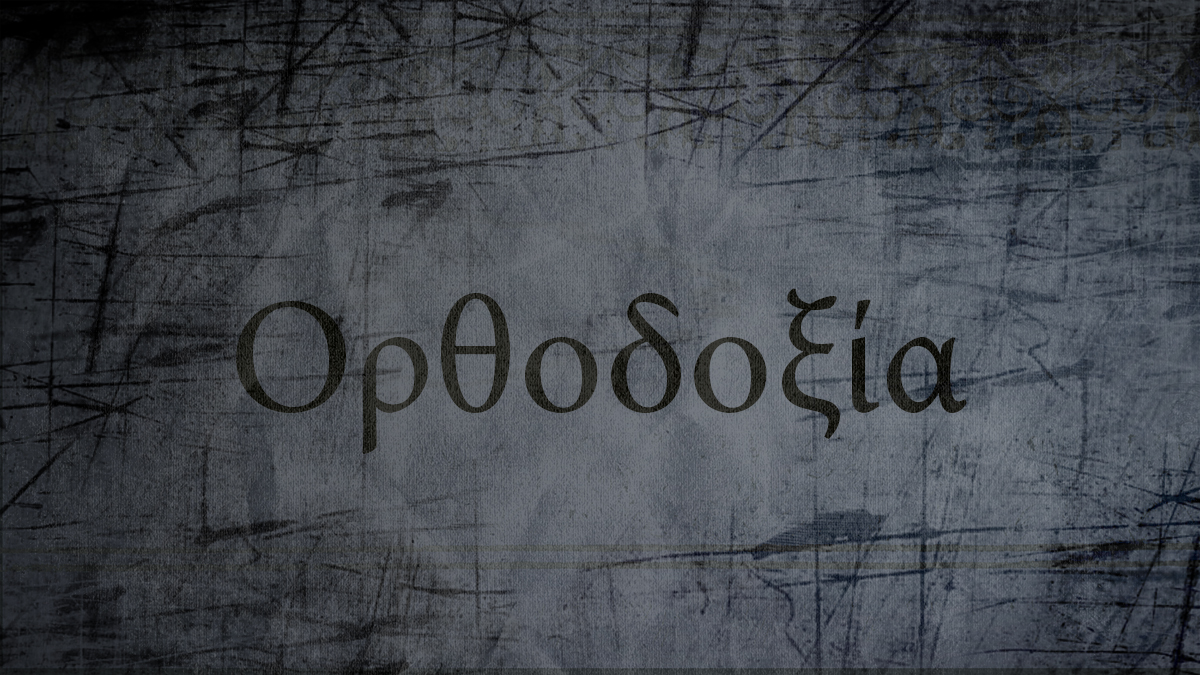Guest Post by Troy Green
In James K.A. Smith’s excellent book, Introducing Radical Orthodoxy: Mapping a Post-secular Theology, he explains recent developments in theology and philosophy among mostly post-liberal (some Catholic) theologians. As with everything Dr. Smith writes, his prose is accessible and written with clarity and precision as he describes the contribution made by some of these post-liberal scholars.
One quote caught my attention. He quotes Wolterstorff saying, “I have long thought, that . . . it’s remarkable that Karl Barth should have arrived in the 1920’s at the views which I characterized as those of the Yale theologians, views which we can now recognize to be….postmodern views. But it’s even more remarkable that Abraham Kuyper should have arrived at postmodern views of academic learning fifty years before that, more than a hundred years ago.”Abraham Kuyper was a brilliant theologian and politician of the latter 19th century who remains in high esteem among conservative evangelical scholars. Yet, Wolterstorff finds it remarkable that Kuyper could be on the cutting edge of theology some 50 years before men like Barth came along and 100 years before Yale theologians.
Question: Is this an anomaly or true to form for conservative evangelical theologians to be so far advanced in comparison to certain philosophical and theological trends of their day?
Smith describes the general consensus of the Radical Orthodox movement: “They are all particularly wary of the danger of adopting secular frameworks for Christian theological and theoretical reflection insofar as such secular paradigms are, ultimately, pagan (i.e., religious but misdirected or apostate). In short, there is no secular, if by “secular” we mean “neutral” or “uncommitted”; instead, the supposedly neutral public spaces that we inhabit–in the academy or politics–are temples of other gods that cannot be served alongside Christ.”
Wow. There is no secular. There is no neutrality. Since this is the recent big discovery over the past several decades of post-liberal theology, I wonder if we could go back some 50 years and look at some of the conservative evangelical theologians to see what they were saying in the 1950’s and 60’s. A simple reading of anything by Cornelius Van Til one could find similar statements. Of course, this doesn’t even come close to plundering other works–which are replete with such statements–from men like R.J. Rushdoony and Francis Schaeffer.
I’m appreciative to see many of these post-liberal theologians stating similar conclusions to that of Van Til. I am delighted to see them make contributions to revive a much needed political ecclesiology—the institutional church—in light of the realization that there is no secular or neutral ground. Conservative evangelical theologian, James B. Jordan, has been pushing an ecclesiocentric theology for decades. This is needed in both conservative and liberal churches as Smith mentions in his book exposing the shortcomings of the fundamentalist and liberal theologians of the modern 20th century.
But before I jump too much in my appreciation of post-liberal thought embracing a virgin birth and the resurrected Jesus, I don’t want to ignore all the areas it’s still wrong (e.g. views on feminism, socialism, homosexuality, etc.). I want to say something to these post-liberal theologians in light of the historical battles – very costly battles – fought by conservative evangelicals defending the integrity of the Bible and the fundamentals of the Christian faith against the claims of liberal predecessors: Welcome! Welcome to the 1960’s. If you are this elated about the discoveries of the sixties, imagine how ecstatic you will be when you reach the eighties and discover cassette tapes, classic rock, and Theonomy/Reconstructionist debates within conservative evangelical theology.
My assumption: Abraham Kuyper is not an anomaly. Neither was R.L. Dabney on Education, John G. Machen on Liberalism, R.J. Rushdoony on the Politics of Guilt and Pity, and Cornelius Van Til on everything. These men are true to form. To believe the Bible is God’s Word–and to study it as such–is to always be on the cutting edge.
Post originally published at Theopolis.
Rev. Troy Greene is Pastor of The King’s Chapel in Brooklyn, New York.

















